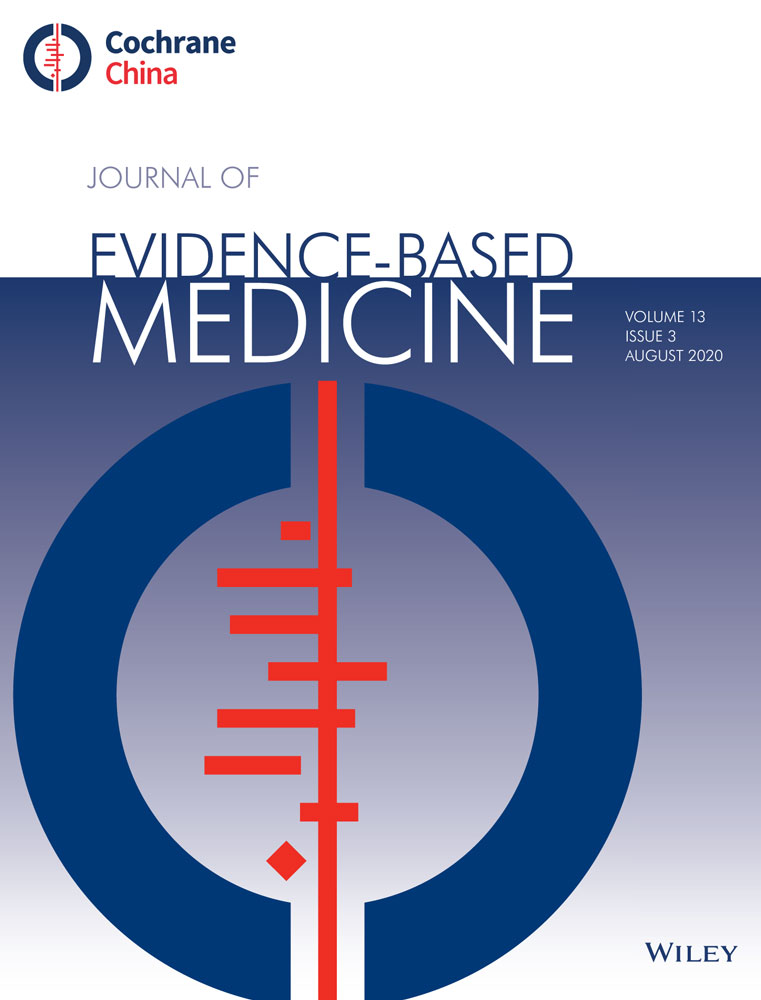Are randomized controlled trials being conducted with the right justification?
Abstract
Objective
It has been estimated that much of health research may be wasted, resulting in billions of dollars in wasteful research spending worldwide each year. Given the increased use of randomized trials and their influence on medicine, one method to combat research waste is to conduct randomized clinical trials (RCTs) only when a systematic review (SR) suggests more data are needed or when no previous SRs are identified. Here, we analyzed RCTs to determine whether SRs were cited as justification for conducting a trial.
Methods
We analyzed phase III RCTs published between 2016 and 2018 in New England Journal of Medicine, Lancet, and JAMA. We performed duplicate and independent data extraction to ensure the accuracy and validity of our data. For each trial, we extracted whether SRs were cited as justification for conducting the clinical trial.
Results
We examined 637 RCTs that cited 728 SRs. Overall, 38.1% (243/637) of RCTs cited an SR as either verbatim (6.9%, 44/637) or inferred (31.2%, 199/637) for trial justification. The 79 remaining RCTs cited SRs in other ways. Approximately, 49.5% (315/637) of RCTs did not cite a SR.
Conclusions
Less than half of the analyzed clinical trials cited a SRs as the basis for undertaking the trial. We believe trialists should be required to present relevant SRs to an ethics or peer review committee demonstrating an unmet need prior to initiating a trial. Eliminating research waste is both a scientific and ethical responsibility.
CONFLICT OF INTEREST
The authors declare no conflict of interest.




